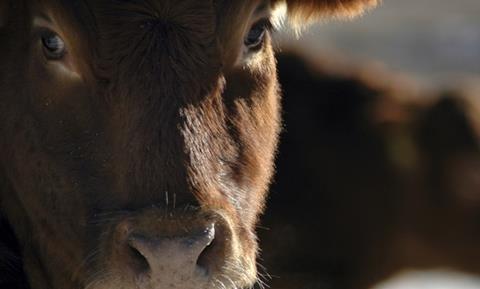The Agriculture and Horticulture Development Board (AHDB) has launched a new pilot project which will look at the potential for DNA traceability systems within the UK’s beef supply chain.

AHDB has teamed up with industry to test a scientifically verified traceability platform which it says could provide greater protection and value both at home and for the export market.
DNA traceability offers the potential to identify and trace all beef back to the British animal ear tag and farm of origin with the precision and accuracy of science, even for supply chains such as ready meal production.
If successful, the pilot project, which has been funded by AHDB, will give consumers greater transparency around livestock farming and animal welfare, as well as the ability to confirm the provenance of products served up in foodservice and manufacturing sectors in the UK.
The new UK National DNA Traceability Initiative is a collaboration between AHDB, the Association of Independent Meat Suppliers (AIMS), British Meat Processors Association (BMPA), the National Farmers Union (NFU) and IdentiGEN – the service provider and DNA traceability specialists.
“The opportunities that DNA traceability offers the UK meat industry are enormous for both the domestic and export markets."
AHDB international market development director, Dr Phil Hadley, said: “Under current legislation, clear country of origin labelling is required for beef and mince sold at retail. This is not the case for products destined for the food service or manufacturing sectors.
“This pilot project will address a number of gaps within the UK’s beef market. Key to having an economically sustainable livestock sector is the need to achieve carcass balance and to recover premia not just from the most expensive steaks and joints, but from the entire carcase.
“This requires robust and effective traceability across all segments of meat production, not just in retail.”
According to AHDB, the pilot DNA system will create the potential to link finished retail or manufactured product back to the animal and farm in the small and medium processing sectors. The initiative will mirror initiatives underway in other European markets.
Norman Bagley, AIMS’ head of policy, said: “The opportunities that DNA traceability offers the UK meat industry are enormous for both the domestic and export markets. I fully expect to see this pilot project be successful and for the pig and sheep sectors to adopt its findings.”
This story was originally published on a previous version of the Meat Management website and so there may be some missing images and formatting issues.















